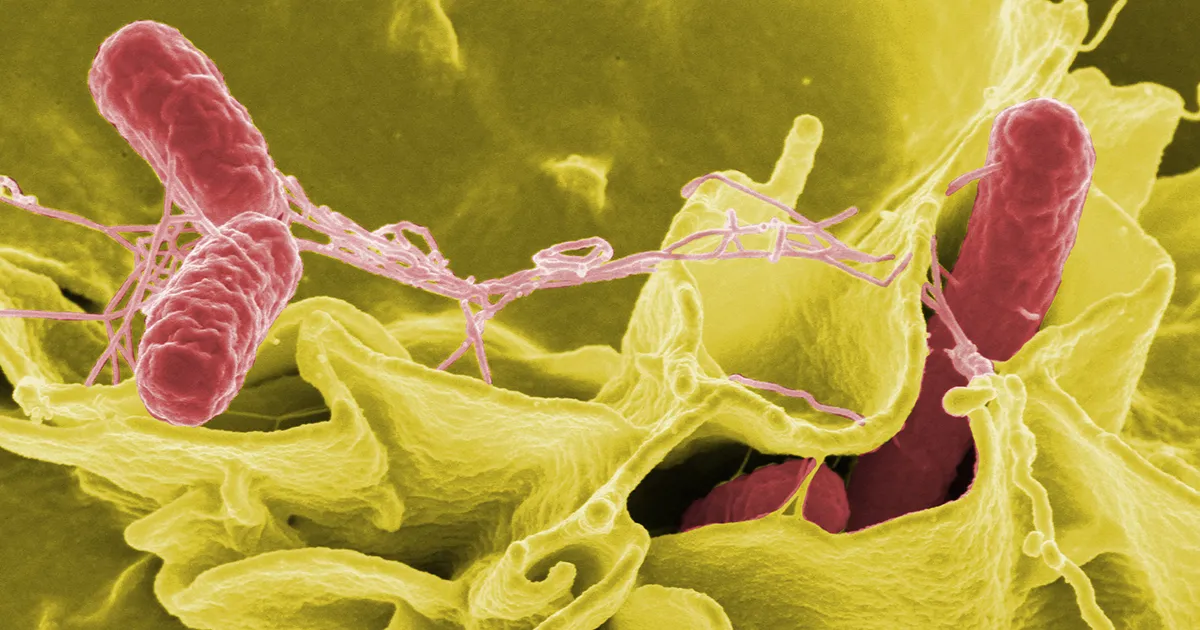
Understanding Salmonella: Beyond Eggs
Salmonella is a group of bacteria that can cause severe food poisoning, leading to symptoms such as nausea, vomiting, diarrhea, abdominal cramps, and fever. While it is often linked to eggs and poultry, Salmonella can contaminate a variety of food products, including cereals, fruits, vegetables, and processed foods. The Quaker case highlights the importance of recognizing these diverse sources of contamination, which can stem from contaminated water, soil, or even improper food processing practices.
One of the key challenges in managing Salmonella is its ability to survive in a wide range of environments. This bacterium can persist in dry foods like cereals and in the moist environments found in fresh produce. Its adaptability means that food producers must be vigilant at every stage of the production process, from sourcing raw materials to the final packaging of products. The Quaker incident illustrates that even well-known and trusted brands are not immune to the risks posed by Salmonella, reinforcing the need for stringent safety protocols across the industry.

The Quaker Incident: A Closer Look
The recent Salmonella concerns with Quaker products were highlighted in a Gizmodo article titled “Quaker’s Case Reminds Us That Salmonella Is Not Just an Egg Problem – Understand.” This article sheds light on the broader implications of the Quaker incident and emphasizes the need for a comprehensive understanding of Salmonella contamination. The incident involved the detection of Salmonella in certain batches of Quaker products, leading to recalls and heightened scrutiny of the company’s food safety practices.
The Quaker case is not an isolated event but part of a larger pattern of foodborne illness outbreaks linked to various products. It serves as a reminder that no food category is completely safe from contamination, and that the responsibility for preventing foodborne illnesses lies with both producers and consumers. The recall of Quaker products underscores the importance of quality control measures and the need for transparency in the food industry. Consumers must be informed about potential risks and educated on how to minimize their exposure to harmful bacteria like Salmonella.
The Broader Implications: Food Safety and Consumer Awareness
The Quaker incident underscores the importance of proper food handling and processing to mitigate the risk of Salmonella contamination. For food producers, this means implementing rigorous quality control measures throughout the entire supply chain, from farm to table. This includes regular testing for contaminants, maintaining clean and sanitary facilities, and ensuring that all employees are trained in safe food handling practices.
For consumers, the Quaker case is a call to action. It highlights the need to stay informed about food safety practices and to adopt habits that can reduce the risk of Salmonella infection. Simple measures such as thoroughly washing fruits and vegetables, cooking food to the appropriate temperatures, and practicing good kitchen hygiene can make a significant difference. Additionally, being aware of food recalls and understanding the risks associated with different types of food can help consumers make safer choices.
The broader issue of food safety also extends to the role of government agencies and regulatory bodies in monitoring and enforcing food safety standards. The Quaker incident raises questions about the effectiveness of current regulations and the need for continuous improvement in food safety practices. It is essential that food safety standards evolve in response to new threats and that there is clear communication between food producers, regulators, and consumers.






